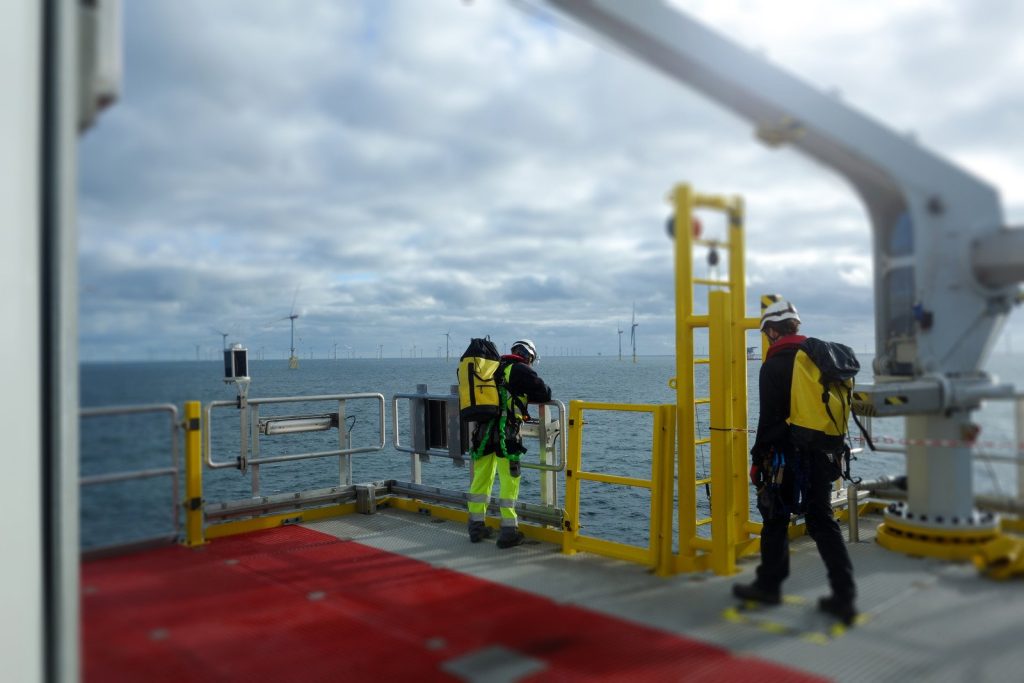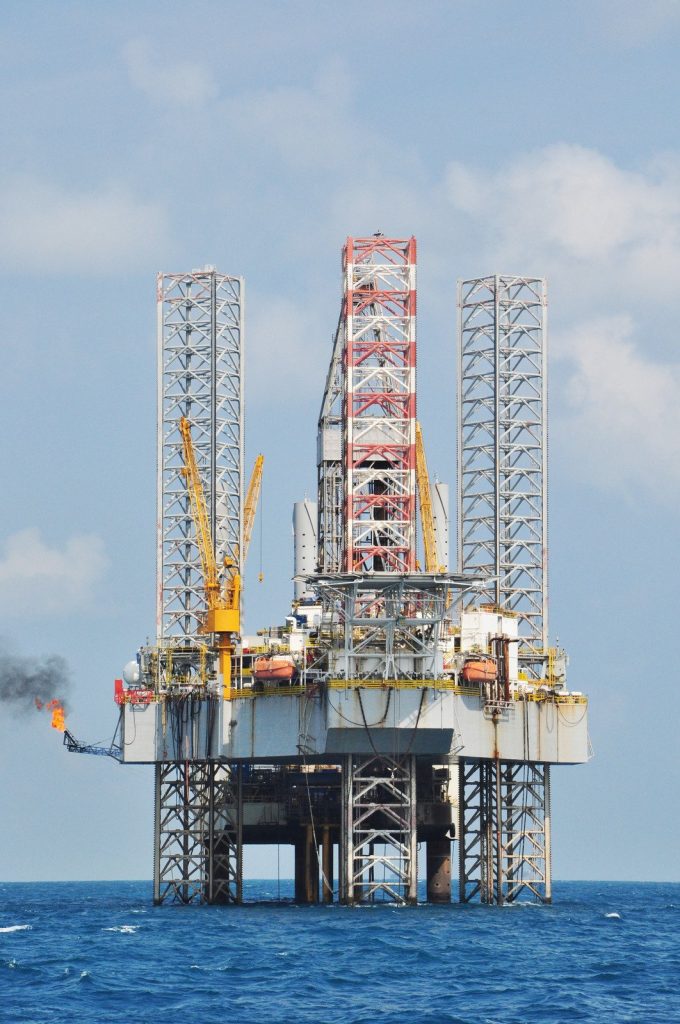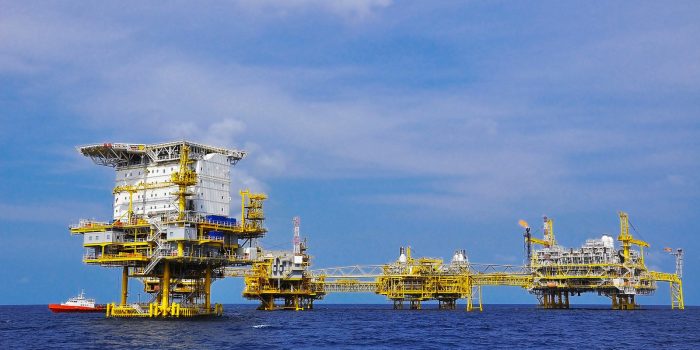Onshore and offshore - training
Our company offers a wide range of courses, including offshore and onshore courses. All our training courses are conducted in accordance with the qualification requirements of the International Organisation for Standardisation (ISO).
Training program
The training programme is divided into theoretical and practical parts. Our classes are taught by experienced professionals and qualified instructors.
The scope of theory includes:
- learning the basic principles of health and safety,
- familiarisation with current legislation,
- risk analysis at work,
- post-accident analyses,
- Exploring oil and gas extraction.
The scope of practice includes:
- learning about oil and gas extraction,
- finding deposits of raw materials on the seabed,
- principles of safe helicopter travel and emergency exits in the event of an accident,
- ensuring safety at the workplace,
- reporting of emergency alerts,
- identification of fires and use of first aid equipment,
- the location of the fire and the use of resources to extinguish it,
- operation of mining machinery and tools.
Cranes at sea - banksman and slinger

The position of banksman and salinger involves supervising cranes in offshore work. We offer a training course in which students will acquire the necessary knowledge and skills for moving and suspending loads, along with all safety rules. The competences gained after taking this course are realised in accordance with the ISO 23853:2018 standard.
Cranes used during the works:
- HDS cranes,
- railway cranes,
- tower cranes,
- deck cranes,
- mobile cranes.
Training of telehandler operators
Telescopic handlers are highly versatile machines. Thanks to the interchangeable parts of the machine, we can make changes to its functions and applications. Converting a loader into a lift or work platform will not be a difficulty. The training is conducted in accordance with the ISO 26676 standard, where you will acquire the necessary knowledge and skills to work with this equipment. Successful completion of the exam will guarantee that you receive your operator's licence.
Training of the painter - sandblaster
The selected training will prepare you for the painting of metal surfaces and their sandblasting. You will gain knowledge about corrosion protection used in the offshore and onshore industry. When the course is successfully completed, you will receive a certificate in accordance with the current requirements given by the Norwegian oil industry to companies in the petrochemical industry - NORSOK M - 501.
Mountaineering at work - mountaineering course
At the training centre, we run courses for climbers - to work at heights. The classes will introduce you to techniques for making knots and using them safely. You will gain preparation for working at height, belaying yourself as well as people/tools in your environment. You will navigate ropes and scaffolding with ease. The programme is delivered in accordance with BS 8454.
Additionally, in line with our plans, we are preparing to deliver training to the GWO 4 standard - this consists of four modules. The training is designed for technicians working on land-based turbines.
Training venue
We conduct lectures and practical classes all over Poland, including Warsaw, Krakow, Katowice, Lublin, Lodz, Gdansk and Poznan. In addition, we travel to the client's address of choice.

Beneficiaries of the course
Our course is designed for newcomers to the oil and gas industry - offshore and coastal. In addition, we dedicate some courses to employees wishing to broaden their qualifications in this field. It is important to bear in mind that the chosen job is not a simple one. It requires the right skills to face the difficulties encountered.
Certification
To start your career with drilling or production rigs in the Norwegian Sea, you need to obtain MEWP ISO 18878 certification. This is a necessary requirement to allow workers to work at heights above 2 metres. It is recognised throughout the European Union. It provides the beneficiary with the authorisation to work at sea and on land - with a validity period of four years. The allocation of certificates is approved by the International Organisation OPITO.
Requirements to be met by trainees
Each trainee is required to meet top-down requirements in order to enter training:
- you must be at least 18 years old,
- you must have a minimum of primary education,
- a valid medical examination from an occupational physician is required.
Frequently asked questions
What requirements does a student need to meet to take offshore and onshore courses?
Every trainee is required to meet three basic conditions: to be over 18 years of age, to have a current medical examination and to have at least an elementary education.
Who can become a beneficiary of offshore and onshore training?
Courses are provided for entry-level employees in the upstream oil and gas industry. They can also be used to improve their competence - for experienced workers.


